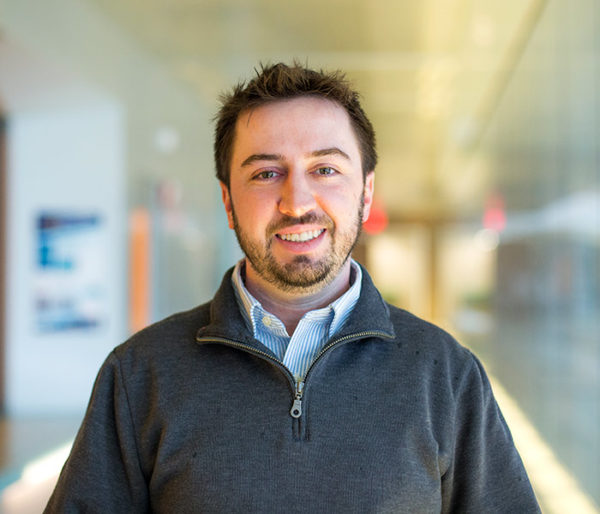
Environmental Processes Special Seminar
Location
372 Hollister Hall
Description
Secure Storage of CO2 Emissions Through Carbon Mineralization

Brian R. Ellis
University of Michigan, Civil and Environmental Engineering Department
Abstract
Broad scientific consensus that anthropogenic greenhouse gas emissions are driving global climate change has motivated significant efforts to decarbonize the energy sector through pathways that capture and securely store CO2. The most secure CO2 mitigation pathways include utilization of CO2 to form other products and directly sequestering it in a solid phase such as CaCO3. This presentation will touch upon work investigating CO2 mineralization in fractured basalt reservoirs and precast concrete products. Basalt formations contain minerals that are highly reactive with CO2-acidified waters and have been demonstrated at the field scale to be viable candidates for CO2 mineral storage. High pressure flow through experiments were conducted to elucidate the mechanisms controlling the location and extent of CO2 mineralization in fractured basalts. Reactive transport modeling was used to complement the experimental data from these flow through experiments and it was found that CO2 mineral precipitation will occur in pathways where fluid transport is diffusion controlled. Utilization of CO2 for curing of cementitious materials results in early material strength gain and direct mineral sequestration of gaseous CO2. This CO2 utilization strategy was applied to develop low-carbon precast concrete materials using a novel fiber-reinforced cementitious composite designed for superior tensile ductility. Experimental results demonstrated a CO2 sequestration potential of up to 30% per cement mass while maintaining a tensile strain capacity of 3%. Implications for use of such CO2-cured cementitious materials for highly durable, low-carbon precast infrastructure materials will be discussed.
Bio
Brian Ellis is an Assistant Professor in the Department of Civil and Environment Engineering (CEE) at the University of Michigan (U-M). He holds bachelor’s degrees in Geosciences and Economics from U-M (2006) and a Master’s and Ph.D. in Civil and Environmental Engineering from Princeton University (2012). Prior to joining the CEE faculty in 2014, he was a Michigan Society of Fellows Postdoctoral Scholar and an NSF Science, Engineering and Education for Sustainability (SEES) Fellow at U-M. His research interests cover topics related to the sustainable development of subsurface energy resources. Included among these activities are the development of unconventional hydrocarbon reservoirs via hydraulic fracturing and the geologic storage of CO2. His research group investigates the water-rock interactions that occur in these subsurface systems through a combination of experimental studies, imaging techniques, and geochemical modeling.
Hosted by Professor Matthew Reid

